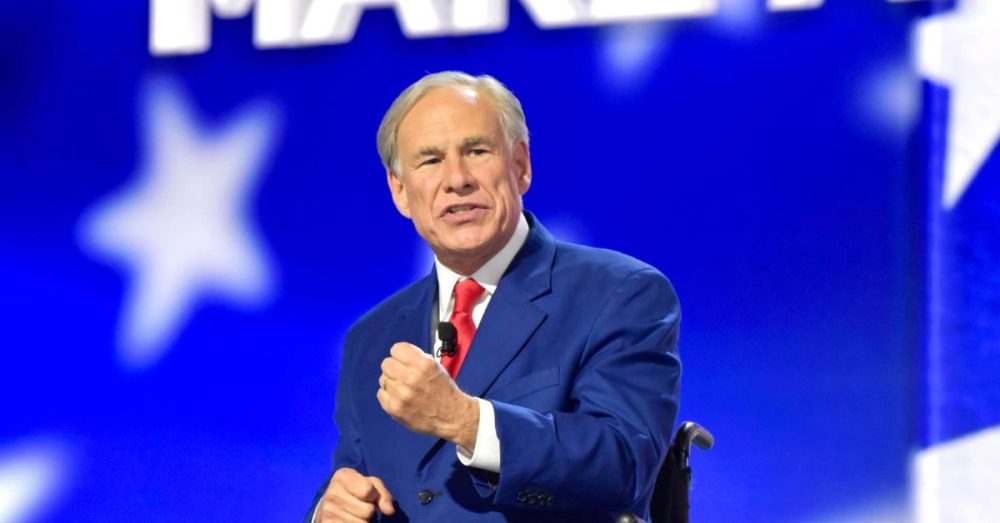(Texas Scorecard) – As Attorney General Ken Paxton intensifies his investigations into election-related activities, Gov. Greg Abbott sharply criticized a ruling from the state’s highest criminal court that stripped the attorney general’s office of its authority to independently prosecute election fraud.
In 2021, all but one judge on the Texas Court of Criminal Appeals ruled that the attorney general could not unilaterally prosecute election fraud by arguing that the Texas Constitution does not explicitly grant such power to the attorney general.
Instead, the attorney general’s office must collaborate with local prosecutors to pursue voter fraud cases. This has proven challenging, as many district attorneys in areas with alleged election fraud have been unwilling to prosecute such cases.
The court’s decision had significant political repercussions. All three incumbents up for re-election to the Court of Criminal Appeals were defeated in the Republican primary after Paxton endorsed their challengers, with the ruling playing a crucial role in the outcome.
While Abbott did not endorse candidates in those races, he expressed his dismay at the court’s decision during an interview with Chris Salcedo on Thursday, citing his experience as a former attorney general.
“I used that law every year during my tenure as attorney general to enforce election laws, arrest, and prosecute individuals who voted illegally in election after election. It is an essential tool to safeguard and protect the electoral process in Texas,” Abbott stated.
Abbott further criticized the court’s ruling, calling it “completely nonsensical” and pointing out that it has been a long-standing practice in Texas for an executive to have roles in more than one branch of government.
He also referenced a case involving former Governor Rick Perry, where the Court of Criminal Appeals acknowledged this duality of roles.
“For them to suddenly change the rules concerning Ken Paxton and his ability as attorney general to prosecute criminal cases—especially election-related ones—under a law clearly passed by the state legislature, is just bizarre and caught everyone by surprise,” Abbott added.


